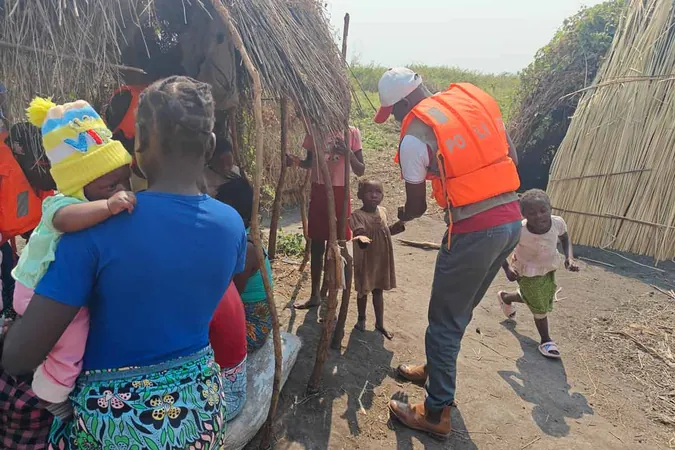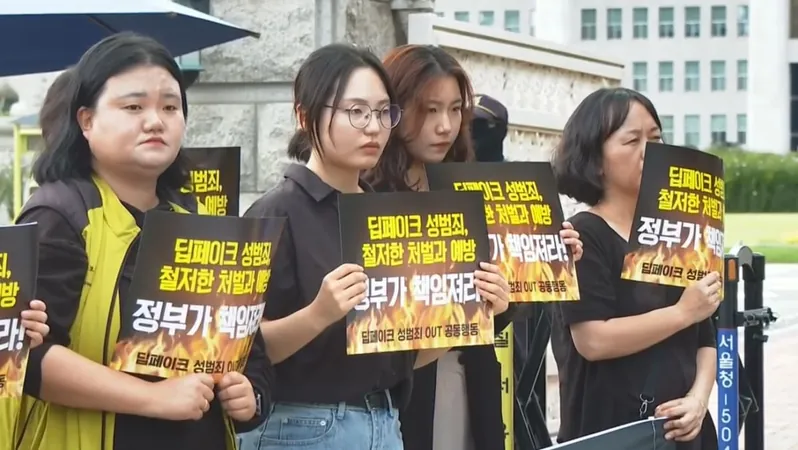
Zambia's Immunization Journey: Celebrating 50 Years of the Expanded Programme on Immunization
2024-09-24
In 1973, a young Anne Zimba, known then as Mbilishi, stepped into the halls of Lusaka Nursing School, not knowing that just two years later, she would be introduced to a monumental public health initiative that would shape the future of Zambia’s healthcare: the Expanded Programme on Immunization (EPI).
Zimba recalls her microbiology tutor of 1975 leading her and fellow students to the Kapiri Mposhi Health Centre, where they delved into the intricacies of immunization. “We stayed there for a week and we learned a lot,” she reminisces. That very year, the World Health Assembly had resolved to implement the EPI globally, aiming to improve immunization rates and combat diseases such as measles, polio, and diphtheria.
Implementing this ambitious initiative wasn’t without its challenges. Zimba noted the early difficulties in sterilizing glass syringes and steel needles. However, the advent of pressure cookers notably improved the process, allowing more children to be vaccinated. "We could see it in how many children were getting vaccinated, and it gave us hope,” she shares.
Initially introduced in Lusaka, the EPI faced geographical and logistical hurdles. Zimba, after serving in a rural health center, witnessed firsthand the struggles of vaccine storage without reliable electricity. Gas fridges were often the only option, but sporadic gas shortages meant that vaccines sometimes had to be discarded, underscoring the urgency for infrastructure improvements.
Despite these obstacles, the early efforts of the EPI laid a vital foundation for public health in Zambia. Comprehensive data on the initiative only began to emerge in 1980, but by 1982, a nationwide survey revealed that nearly half of Zambian children were fully immunized. Today, thanks to continued efforts, around 80% of children receive the critical third dose of the diphtheria, pertussis, and tetanus vaccine.
Dr. Francis Dien Mwansa, a prominent immunization specialist with UNICEF Zambia, highlights the transformative impact of the EPI. “We saw a dramatic decrease in childhood diseases. Measles wards were closed, and we no longer compete with TB wards,” he says. “Vaccines played a crucial role in these successes.”
The 1990s marked the Kick Out Polio Campaign, a significant initiative that reinvigorated the EPI's momentum, continuing into the Child Health Week—a national effort held twice yearly to ensure children receive vaccinations and health services.
While the success of the EPI is commendable, it has also prompted debates over its focus. Some experts, including Dr. Mwansa and Orbrie Chewe of the WHO, express concern that an intense focus on vaccination might overshadow broader health initiatives. Innovations have emerged, such as transitioning from gas fridges to solar-powered options to ensure vaccine efficacy.
Dr. Ramya Kumar, an epidemiologist involved in the Zambia Field Epidemiology Training Program, emphasizes the importance of understanding the EPI's role within the global history of vaccination. “Vaccines result from centuries of communal knowledge. We must recognize that holistic health, including clean water and nutrition, is essential,” she argues.
The EPI may have begun as a local response to childhood disease, but it has endured and evolved, driven by the commitment and resilience of Zambians themselves. As Zambia celebrates 50 years of immunization, it's clear: the journey is a testament to the power of community-driven health initiatives, and together, Zambians have laid the groundwork for a healthier future.





 Brasil (PT)
Brasil (PT)
 Canada (EN)
Canada (EN)
 Chile (ES)
Chile (ES)
 España (ES)
España (ES)
 France (FR)
France (FR)
 Hong Kong (EN)
Hong Kong (EN)
 Italia (IT)
Italia (IT)
 日本 (JA)
日本 (JA)
 Magyarország (HU)
Magyarország (HU)
 Norge (NO)
Norge (NO)
 Polska (PL)
Polska (PL)
 Schweiz (DE)
Schweiz (DE)
 Singapore (EN)
Singapore (EN)
 Sverige (SV)
Sverige (SV)
 Suomi (FI)
Suomi (FI)
 Türkiye (TR)
Türkiye (TR)